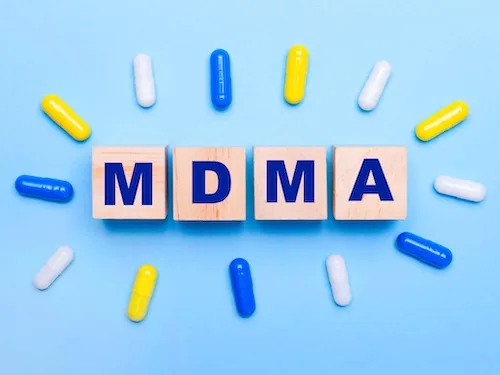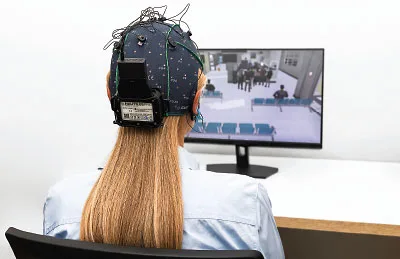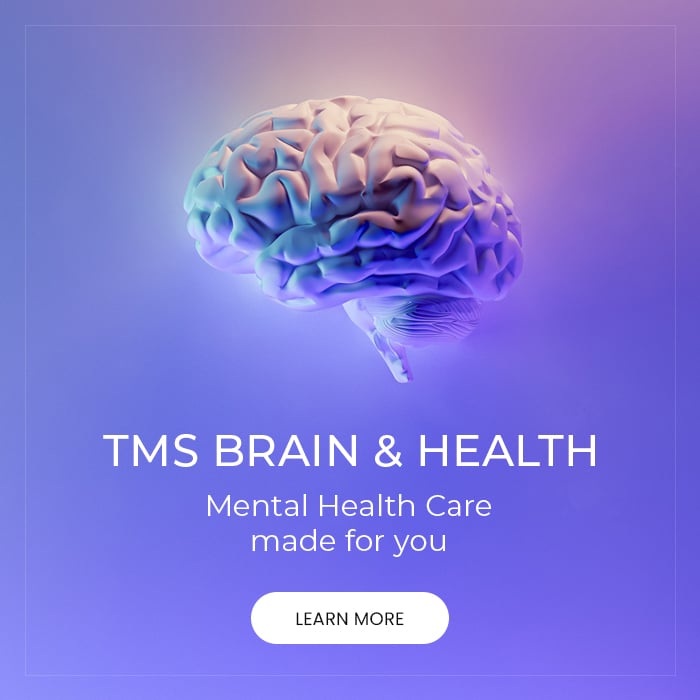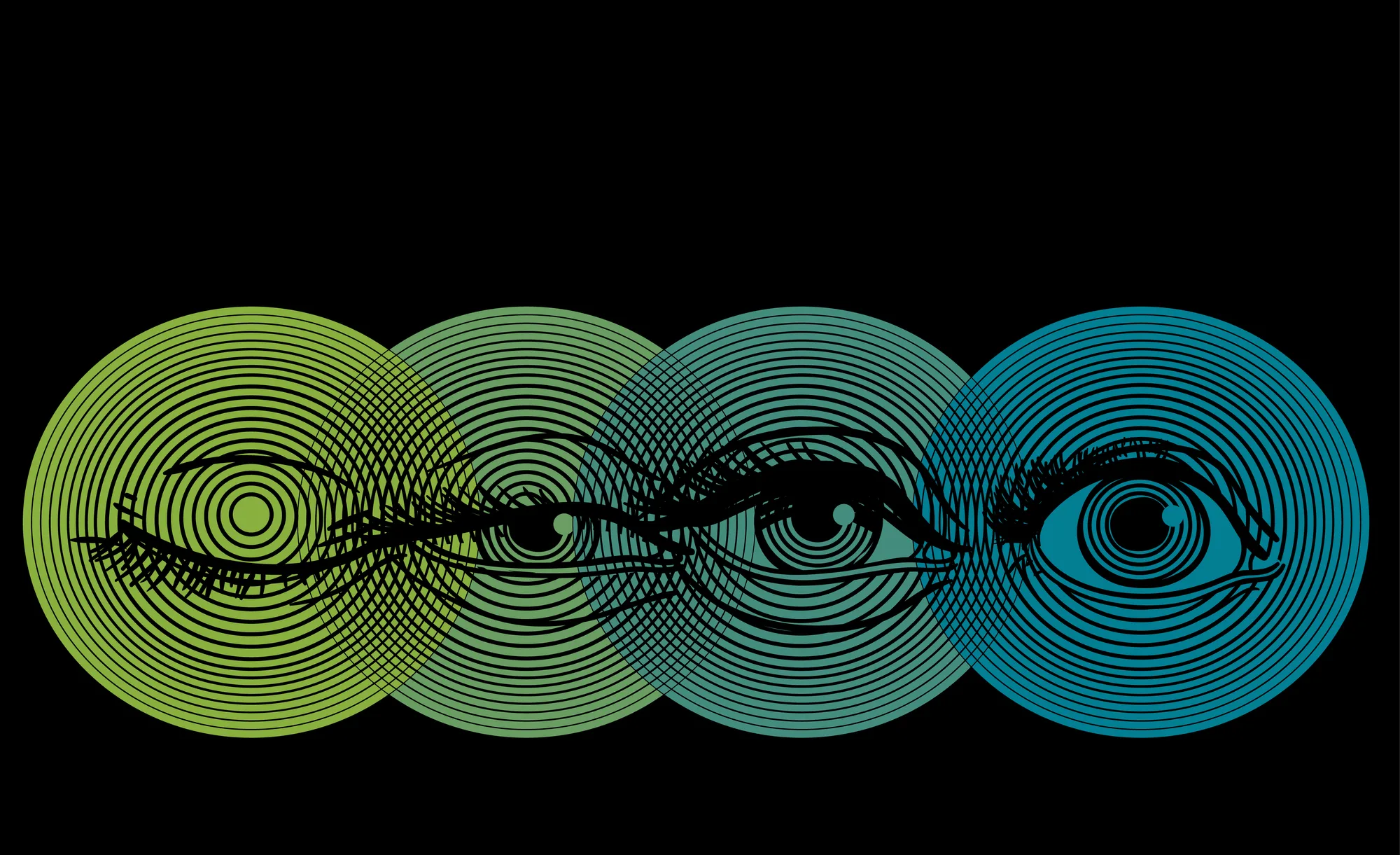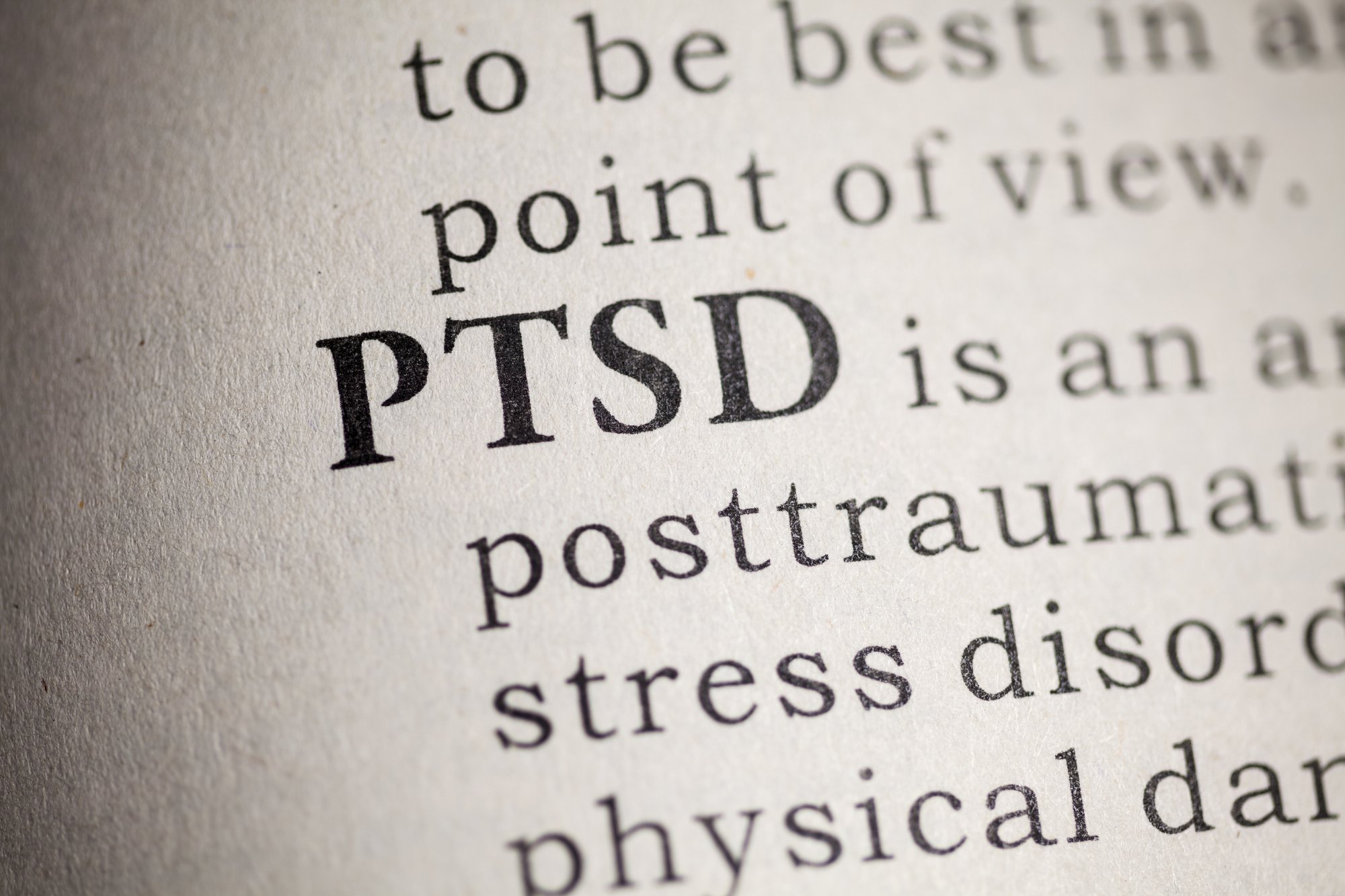You’ve probably heard the term “Pure O” before, but aren’t exactly sure what Pure O is or how it is different from OCD. The two disorders are similar, but they have different symptoms and manifestations, so it’s important to understand both.
Primarily Obsessional OCD, or Pure O OCD, is a less recognized subtype of obsessive-compulsive disorder. This form is marked by recurring, unwelcome thoughts, notions, or urges (obsessions) that generate anxiety or discomfort, yet it lacks visible compulsive behaviors. Traditional OCD compulsions are repetitive actions or mental processes an individual feels compelled to carry out in response to an obsession or according to strict guidelines.
What is Pure O OCD?
In contrast to conventional OCD, which typically includes both obsessions and compulsions, individuals with Pure O OCD might not exhibit any discernible compulsive actions. However, they might engage in mental compulsions, such as enumerating, praying, or reciting phrases internally. These mental compulsions are frequently employed to neutralize or counterbalance the obsession, but they can also sustain the cycle of anxiety and unease.
While the name suggests that individuals with Pure O lack compulsions, they actually do engage in mental rituals or seek reassurance. These compulsions are not as conspicuous as manifest behaviors; Pure O simply recognizes OCD manifestations that do not resemble traditional OCD and are generally harder to identify.
A widespread misconception is that Pure O is a less severe form of OCD. Despite the absence of physical compulsions, Pure O can still cause considerable distress and disrupt everyday life.
What are obsessions?
OCD obsessions are intrusive thoughts, worries, or fears that cause significant stress or anxiety. Individuals with OCD feel compelled to ‘resolve’, ‘counteract’ or ‘cancel out’ negative thoughts by doing certain actions or having certain positive thoughts — these are compulsions.
Obsessions can encompass a broad range of undesired, distressing thoughts. Pure O obsessions often focus on upsetting, invasive thoughts or images, or alarming impulses that provoke intense anxiety and clash with the person’s religious convictions, moral principles, or social standards. These obsessions tend to be more intimate and frightening for the individual compared to the concerns of someone with traditional OCD. For instance, a person with standard OCD might be excessively worried about safety or hygiene, while someone with Pure O OCD might be tormented by thoughts of harming a loved one, being a killer, or undergoing a shift in their sexual orientation. People with Pure O recognize that their fears are improbable or implausible, yet the anxiety they experience makes the obsessions feel significant. Consequently, they often grapple with self-doubt and frequently seek mental or external reassurance.
Frequent obsessions in Pure O often revolve around the following themes:
-
- Responsibility: heightened worry about causing or having caused harm to someone, either intentionally or inadvertently
-
- Violence: a persistent dread of inflicting injury to oneself or others
-
- Health: constant anxiety about having acquired an illness through seemingly implausible means
-
- Relationship obsessions: continuously seeking reasons to stay in a relationship or reassurance about the relationship or the partner’s emotions
-
- Existential: continuous pondering on the nature of reality, the cosmos, or one’s own identity
-
- Sexuality: ongoing or recurrent uncertainty about one’s sexual preferences, which can also encompass the fear of being a pedophile
In Pure O OCD, compulsions generally involve mental rituals, such as mentally examining memories or data, repeating specific words, or undoing or redoing particular actions. Compulsive reassurance-seeking is also widespread, which may include seeking self-validation, conducting online research, consulting others, or evading circumstances that could trigger anxiety. Identifying reassurance-seeking behaviors as compulsions can be challenging, and they often exhaust family members or friends.
The main symptoms of OCD include obsessions and compulsions. However, those with OCD might also experience supplementary symptoms related to their obsessions and compulsions, such as anxiety, sleep disturbances, difficulty completing everyday tasks, and avoiding situations that might provoke obsessions. Individuals with Pure O often struggle to sustain romantic relationships due to frequent reassurance-seeking and obsessions about sexuality or the relationship itself.
How is Pure O Treated?
Treatments for Pure O are similar to traditional OCD. Most commonly, therapy is the initial treatment approach. Cognitive-behavioral therapy (CBT) has proven to be particularly successful in treating individuals with OCD, as it merges exposure and response prevention therapy with cognitive therapy. This technique aids in altering a person’s response to triggers and compulsive behaviors. By refraining from engaging in compulsions and learning to endure the anxiety linked to obsessions, the occurrence and severity of obsessive thoughts gradually diminish over time.
There are also various medications that can reduce obsessions, including antidepressants. Transcranial magnetic stimulation is also an FDA-approved treatment for OCD. TMS can influence the anterior cingulate cortex, an area of the brain associated with OCD symptoms. Patients who have not found relief from other treatments like medication or therapy may find TMS beneficial, as it effectively stimulates the brain. TMS frequently leads to considerable alleviation of symptoms.
At Bespoke Treatment, we offer personalized treatment plans for individuals with OCD. Contact us today to schedule an evaluation and find out if TMS might be right for you.


